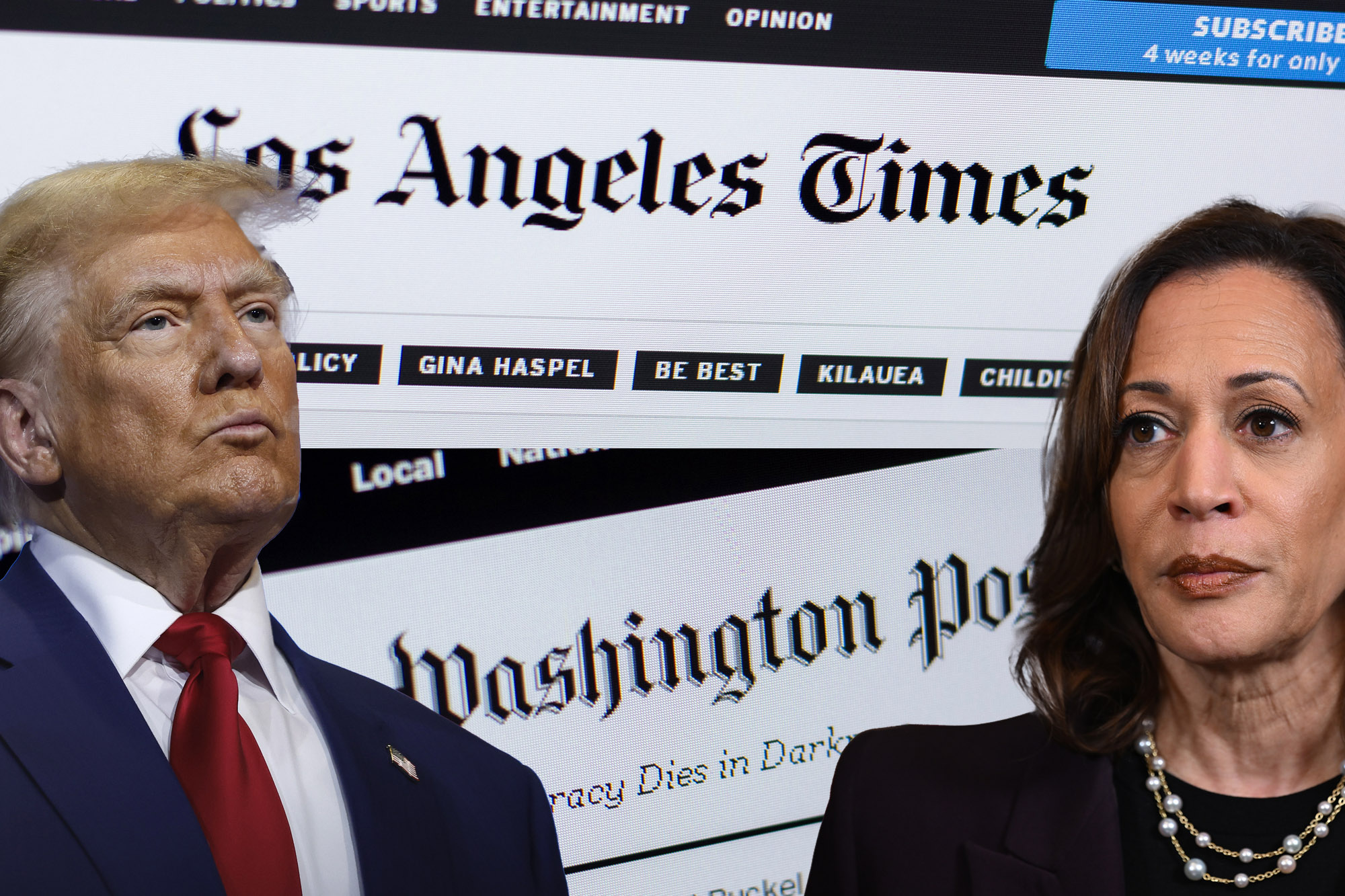 Anna Moneymaker/Getty Images; Kenny Holston-Pool/Getty Images
Anna Moneymaker/Getty Images; Kenny Holston-Pool/Getty Images The mainstream media is in meltdown. Editors are resigning. Former editors are calling it a betrayal. Readers are canceling their subscriptions.
What are they losing their minds over?
Two major papers—The Los Angeles Times and The Washington Post—decided this year not to officially endorse one side in the presidential election. Actually, what specifically triggered the fury is that they refused to endorse the candidate of the Democrats– Kamala Harris.
In his announcement to the staff, Washington Post chief executive Will Lewis noted that this “was not a tacit endorsement of one candidate” or “a condemnation of another.” He referred to an editorial the paper published in 1960 that said it was “wiser for an independent newspaper in the nation’s capital” to avoid an endorsement.
That didn’t stop Marty Baron, the recent editor of The Post, from calling the decision “cowardice, with democracy as its casualty…disturbing spinelessness at an institution famed for courage.”
Los Angeles Times editorials editor Mariel Garza, who quit when the paper’s ownership chose not to endorse Harris, didn’t mince words, saying to PBS: “This is not a time in American history when anyone can remain silent or neutral.” Speaking to the Columbia Journalism Review, she added: “In dangerous times, honest people need to stand up.”
I consider myself an honest person, and given that this is indeed a dangerous time, I’d like to stand up.
The real danger is not in this or that endorsement but that so many Americans no longer trust the media. One would think an ideal way to regain that trust would be to remain neutral instead of endorsing a specific party. The fact that these endorsements have become standard practice in recent years is no reason to blindly continue them. In fact, they may well have contributed to the loss of trust in the first place.
But none of this holds any water with journalists and editors who can’t hide their contempt for Trump. “There is no question what the editorial board believes, that Donald Trump should not be president ever,” Garza told PBS.
One of my favorite writers, the witty Gail Collins of The New York Times, was equally adamant in her conversation with Bret Stephens: “I’m so desperate for Harris to win,” she admitted.
It’s not as if journalists and editors are not allowed to have political preferences. Papers like the Times and Washington Post and many others have published hundreds of op-eds and articles critical of Trump and favorable to Harris, and nobody has gotten in the way. The world knows where they stand, and it’s not on an elephant.
But this is still not enough; they want it all. They want the freedom to consistently and relentlessly bash one side and elevate the other for years and then make it absolutely official and ironclad that, in case you hadn’t noticed, this is the candidate we’re formally endorsing. Stop just short of that goal line and they throw a hissy fit.
How is this serious journalism?
The irony is that the man who’s made the most sense in all of this is the non-journalist of the bunch, Jeff Bezos, owner of The Post.
“In the annual public surveys about trust and reputation, journalists and the media have regularly fallen near the very bottom, often just above Congress,” Bezos wrote in an op-ed defending the decision. “But in this year’s Gallup poll, we have managed to fall below Congress. Our profession is now the least trusted of all. Something we are doing is clearly not working.”
What is not working is that too many journalists and editors are putting their personal politics ahead of their professional obligations. That’s always been true to a certain extent; it’s just that in recent years, it’s become so glaring as to become embarrassing.
If you believe that one candidate is a Hitler who must be stopped at all cost, you may just conclude that gives you the license to break all the rules– including the rules of trust.
Of course, there may also be a simpler explanation: If you believe that one candidate is a Hitler who must be stopped at all cost, you may just conclude that gives you the license to break all the rules– including the rules of trust.







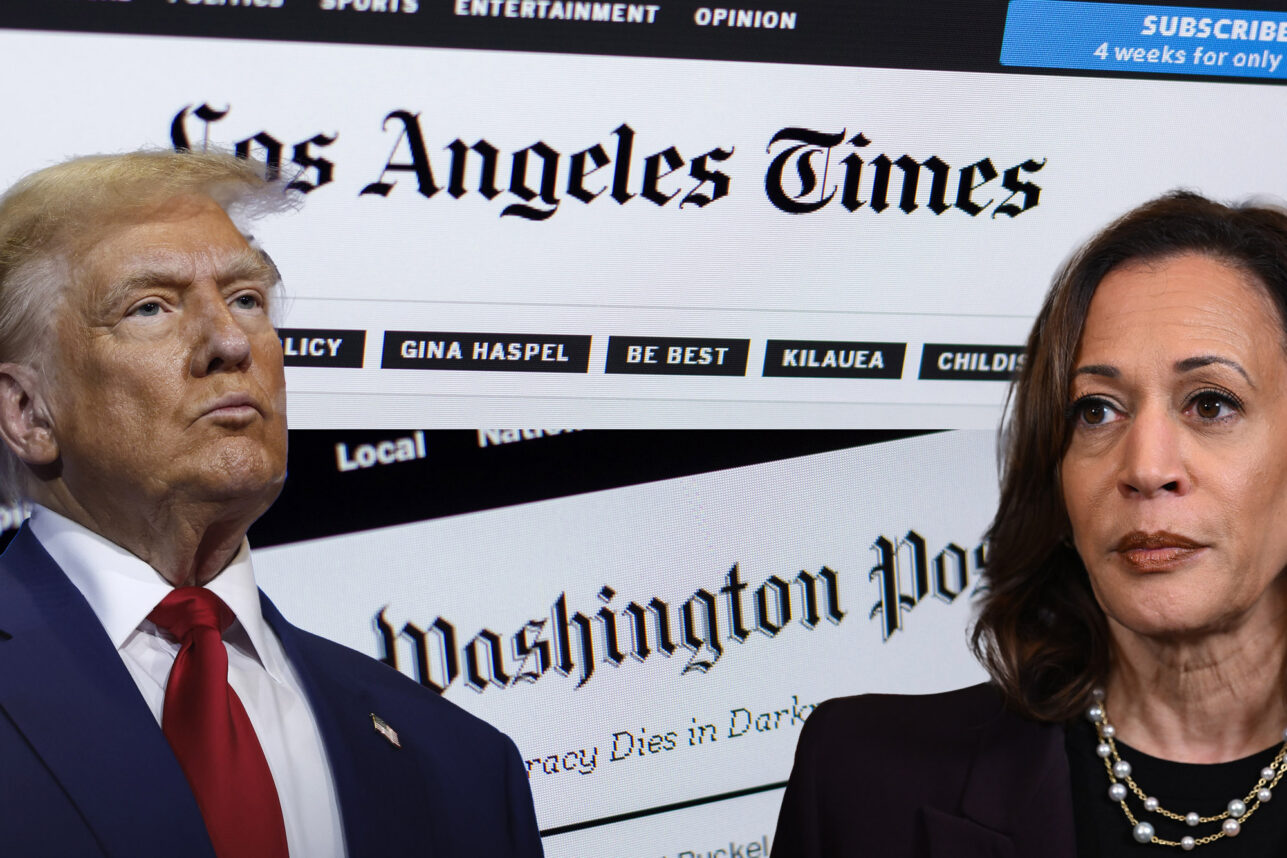
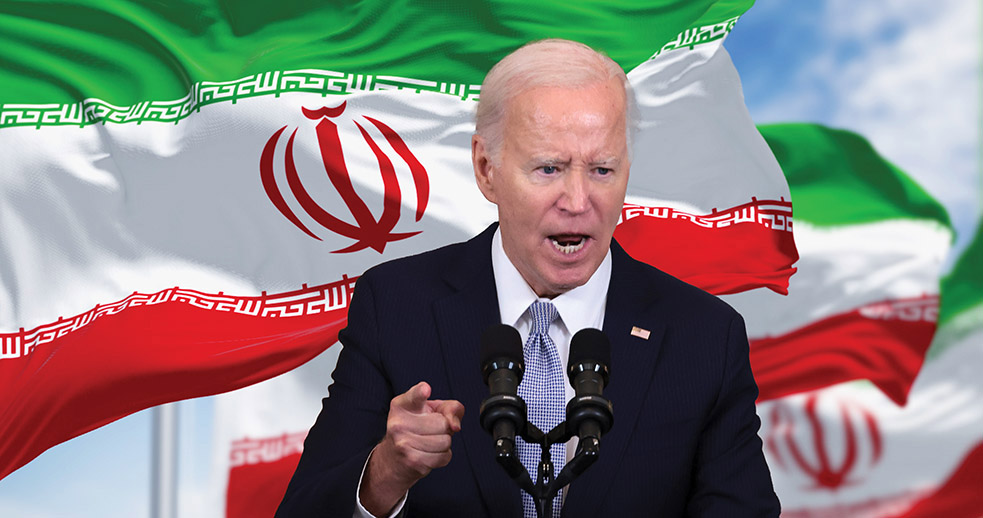
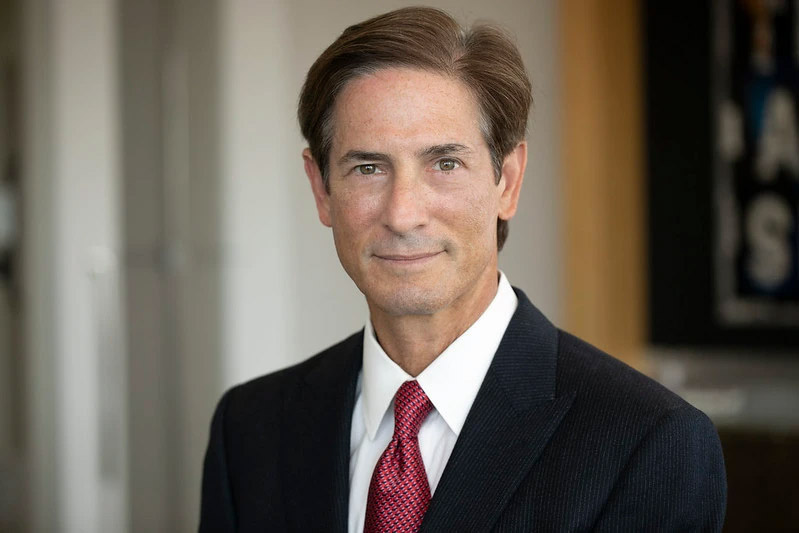










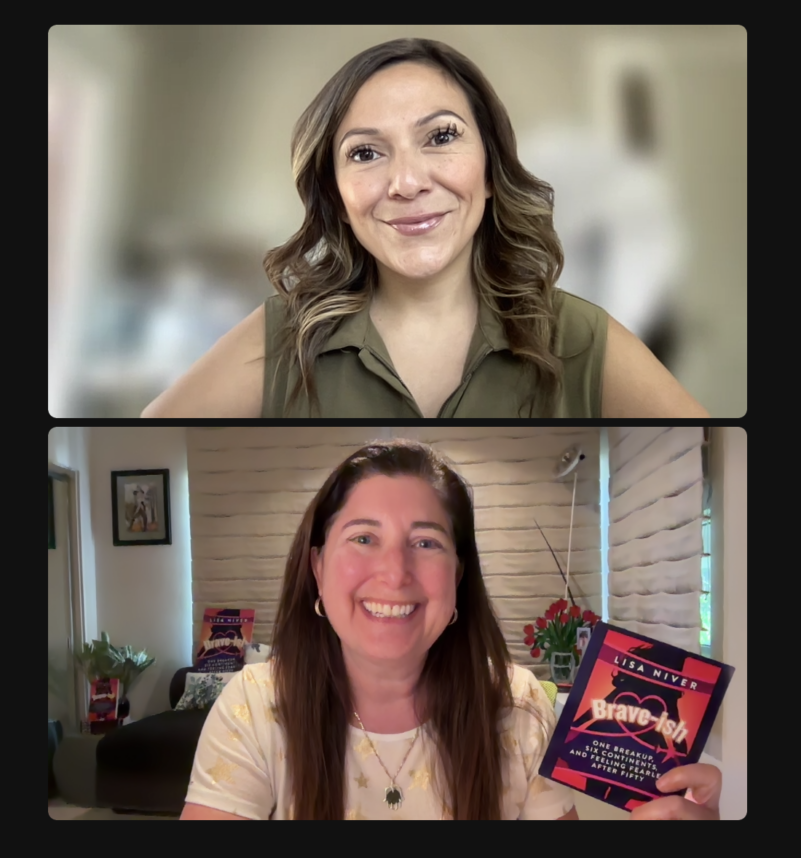

 More news and opinions than at a Shabbat dinner, right in your inbox.
More news and opinions than at a Shabbat dinner, right in your inbox.